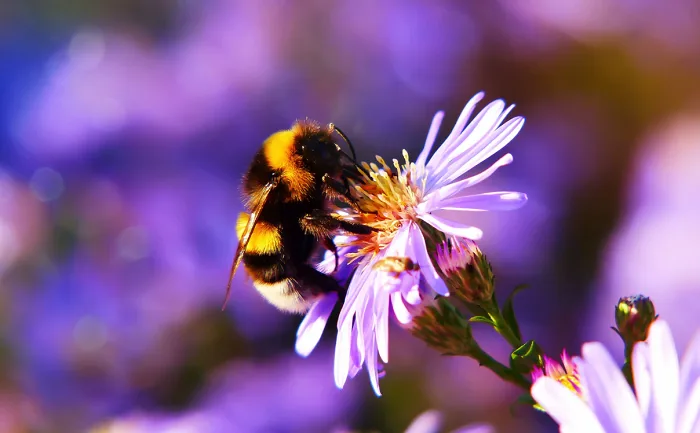
Queens on a plane: How COVID-19 challenges Nova Scotia's bee industry
New queens often need to be flown in from warmer climes, a logistical necessity challenged by the COVID-19 pandemic.
It's 10 p.m. on a Thursday night and beekeeper Alex Crouse is at the Halifax Stanfield International Airport to pick up his queens.
As the attendant at the Air Canada cargo terminal brings out the boxes from behind the counter, he confirms they're in.
"Here they are, look at that," says Crouse.
The queen bees originated in Hawaii, came off the islands into LAX on a cargo plane, then up to Vancouver and over to Montreal via Air Canada, before their final destination in Halifax.
A large portion of the beekeeping industry in Nova Scotia is based on the need for pollinators in wild blueberries. The strength of the colonies has to be managed before hauling them into blueberries in late May.
In many cases, hives can be divided to make two, but in order to do that, you'll need another queen.
"In a normal year it's not that difficult," says Crouse. "With COVID-19 in play this year, we rely a lot on the airlines, domestic carriers like Air Canada, Westjet, to move our queens from where they originate to Canada and into Halifax. Once the airlines started dropping flights, it reduced the number of options that we had as beekeepers to move bees in. Luckily, the Canadian Honey Council along with the association and the department of agriculture were able to look at different logistical scenarios that we could put into play."
WATCH BELOW: B.C. BEEKEEPER DESCRIBES ENCOUNTER WITH 'MURDER HORNET'
And these queens arrived right on time and most importantly, all still alive.
Nova Scotia does raise its own queens, but due to the region's weather, they're not available until late June. Raising queens requires heat with longer days and lots of sunshine, along with a population of drone bees to mate with the virgin queens.
This makes splitting colonies, so they are ready for blueberry season, impossible without the help of imported queens.
Nova Scotia's borders are otherwise closed to honeybee imports without a permit.
"What we're trying to do is maintain a high level of health here in our colonies and we're trying to minimize the risk of pests coming in from other areas, such as the small hive beetle or possibly a resistant mite," Crouse said.
The queen is the only fertile female in a colony, laying between 1500 and 2000 eggs per day, making the health and longevity of a hive totally dependent.






